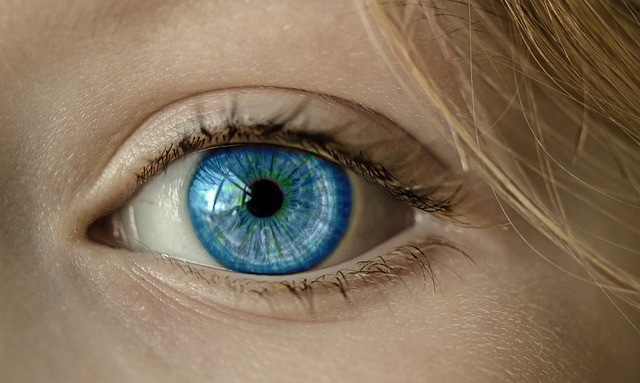Have you ever experienced an eyelid twitch that just won’t go away? This common condition, known as eyelid myokymia, can be caused by a variety of factors, including stress, fatigue, and caffeine consumption. Learn more about the causes and prevention of eyelid twitching here.
What is eyelid twitching?
Eyelid twitching, also known as eyelid myokymia, is a common condition where the eyelid muscles contract and relax involuntarily. This can cause the eyelid to twitch or flutter for a few seconds or minutes at a time. While it is usually harmless, it can be annoying and uncomfortable. In some cases, it may be a sign of an underlying medical condition.
Common causes of eyelid twitching.
Eyelid twitching can be caused by a variety of factors, including stress, fatigue, caffeine, alcohol, and dry eyes. It can also be a side effect of certain medications or a symptom of neurological disorders such as Tourette syndrome or Parkinson’s disease. In rare cases, it may be a sign of a more serious condition such as a brain or nerve disorder. If your eyelid twitching persists or is accompanied by other symptoms, it’s important to consult with a healthcare professional.
Lifestyle factors that can contribute to eyelid twitching.
There are several lifestyle factors that can contribute to eyelid twitching. Stress and fatigue are common culprits, as well as excessive caffeine or alcohol consumption. Dry eyes can also cause eyelid twitching, so it’s important to stay hydrated and use eye drops if necessary. Additionally, lack of sleep and eye strain from staring at screens for extended periods of time can also lead to eyelid twitching. Making small changes to your daily routine, such as reducing caffeine intake and taking breaks from screen time, can help prevent eyelid twitching.
When to seek medical attention for eyelid twitching.
In most cases, eyelid twitching is not a serious condition and will go away on its own. However, if the twitching persists for more than a few weeks, or if it is accompanied by other symptoms such as eye pain or vision changes, it may be a sign of a more serious underlying condition. In these cases, it’s important to seek medical attention from an eye doctor or healthcare provider. They can help determine the cause of the twitching and recommend appropriate treatment options.
Prevention and treatment options for eyelid twitching.
While most cases of eyelid twitching will go away on their own, there are some steps you can take to prevent it from happening or reduce its frequency. These include reducing stress, getting enough sleep, avoiding caffeine and alcohol, and using warm compresses on the affected eye. If the twitching persists, your healthcare provider may recommend medications or other treatments such as Botox injections. It’s important to seek medical attention if the twitching is accompanied by other symptoms or lasts for more than a few weeks.

